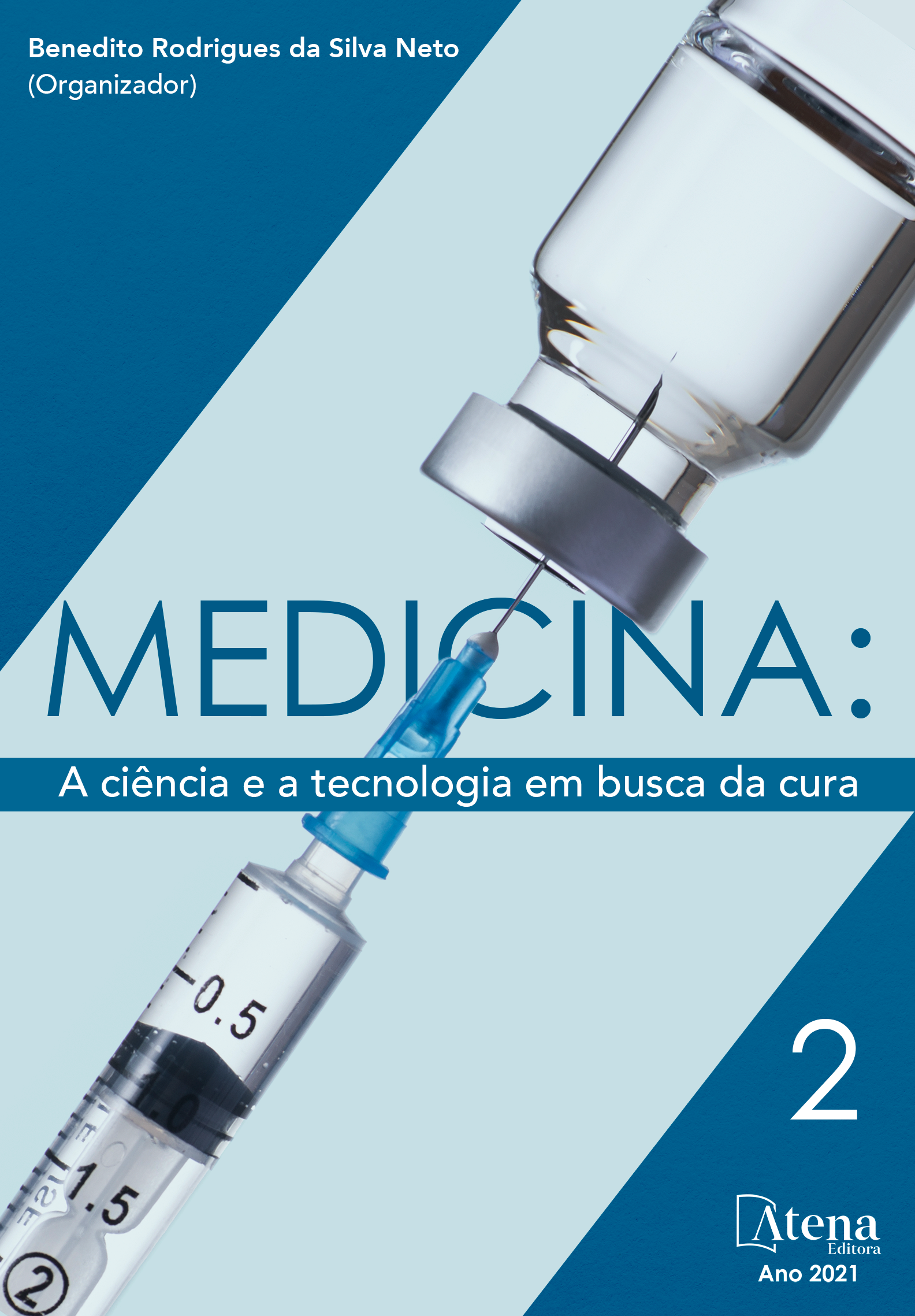
SÍNDROME DO BEBÊ SACUDIDO: A IMPORTÂNCIA DO CONHECIMENTO SOBRE O TRAUMA VIOLENTO PARA O DESENVOLVIMENTO DE ESTRATÉGIAS DE PREVENÇÃO DA VIOLÊNCIA CONTRA A CRIANÇA.
O Trauma Craniano Violento Pediátrico (TCVP) - ou Síndrome do Bebê Sacudido (SBS) - é considerado uma forma grave de violência física infantil. Ao sacudir o bebê, forças significativas de aceleração-desaceleração rotacionais são aplicadas ao cérebro, tornando-o vulnerável a lesões. A combinação de fraturas ósseas não explicadas, hemorragias cerebrais e retinianas sugere SBS, ocorrendo mais frequentemente em crianças menores de cinco anos de idade. A SBS é uma forma de abuso infantil que pode resultar em dano cerebral permanente ou morte. Os objetivos deste estudo foram: a) revisar o panorama atual do TCVP, ressaltando os dados epidemiológicos, o mecanismo fisiopatológico, os sinais e sintomas clínicos, as consequências e os diferentes recursos que podem ser utilizados para a prevenção do trauma violento. Como metodologia foi realizada revisão de literatura, com estudo de artigos científicos nacionais e internacionais, publicados durante o período de 2000 a 2021. Após leitura dos artigos selecionados, constatou-se que a SBS é uma condição grave e possível de ser prevenida, com alta prevalência na sociedade, possuindo sinais e sintomas clínicos claros. Observou-se também a importância de se conhecer a magnitude da síndrome e os fatores de risco para ocorrência da violência, tendo em vista desenvolver estratégias de prevenção. Futuramente, os autores desta revisão pretendem construir um material impresso que poderá ser utilizado como mais um elemento de prevenção primária, sendo a distribuição do material educativo dedicada aos profissionais de saúde e às famílias em ambientes de pré-natal e de puericultura.
SÍNDROME DO BEBÊ SACUDIDO: A IMPORTÂNCIA DO CONHECIMENTO SOBRE O TRAUMA VIOLENTO PARA O DESENVOLVIMENTO DE ESTRATÉGIAS DE PREVENÇÃO DA VIOLÊNCIA CONTRA A CRIANÇA.
-
DOI: 10.22533/at.ed.95321201222
-
Palavras-chave: Síndrome do bebê sacudido; Trauma craniano violento pediátrico; Violência infantil.
-
Keywords: Shaken baby syndrome; Pediatric abusive head trauma; Violence against child
-
Abstract:
Pediatric abusive head trauma (AHT) – or Shaken Baby Syndrome (SBS) - is considered a serious form of physical violence against children. When shaking the baby, significant rotational acceleration-deceleration forces are applied to the brain, making it vulnerable to injury. The combination of unexplained bone fractures, cerebral and retinal hemorrhages suggests SBS, occurring more frequently in children under five years of age. SBS is a form of child abuse that can result in permanent brain damage or death. The objectives of this study were: a) to review the current panorama of the pediatric AHT, highlighting the epidemiological data, the pathophysiological mechanism, the clinical signs and symptoms, the consequences and the different resources that can be used for the prevention of this violent trauma. As a methodology, a literature review was carried out, with the study of national and international scientific articles, published during the period 2000 to 2021. After reading the selected articles, it was found that AHT is a serious and preventable condition, with discharge prevalence in society, having clear clinical signs and symptoms. It was also noted the importance of knowing the magnitude of the syndrome and the risk factors for the occurrence of violence, with a view to developing prevention strategies. In the future, the authors of this review intend to build a printed material that can be used as another element of primary prevention in Brazil, with the distribution of educational material dedicated to health professionals and families in prenatal and childcare environments.
-
Número de páginas: 16
- Isabella Cardoso Costantin
- Cláudia Dutra Costantin Faria


